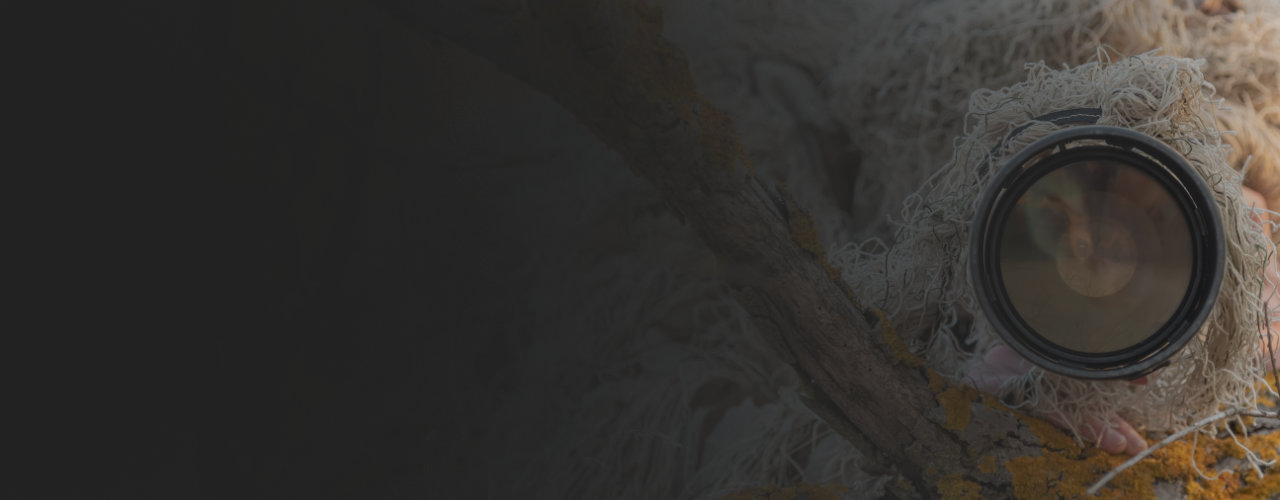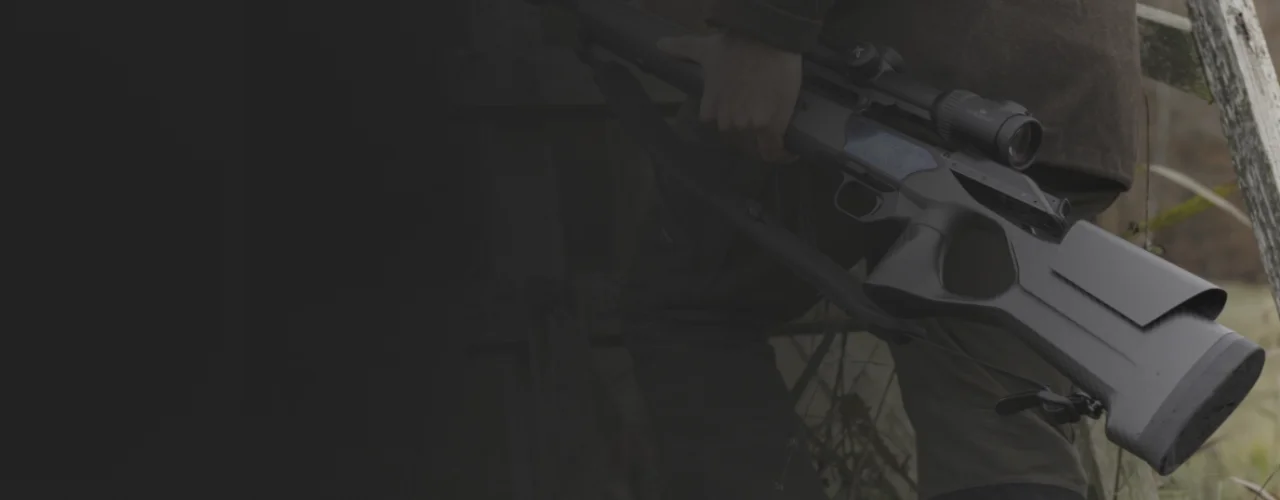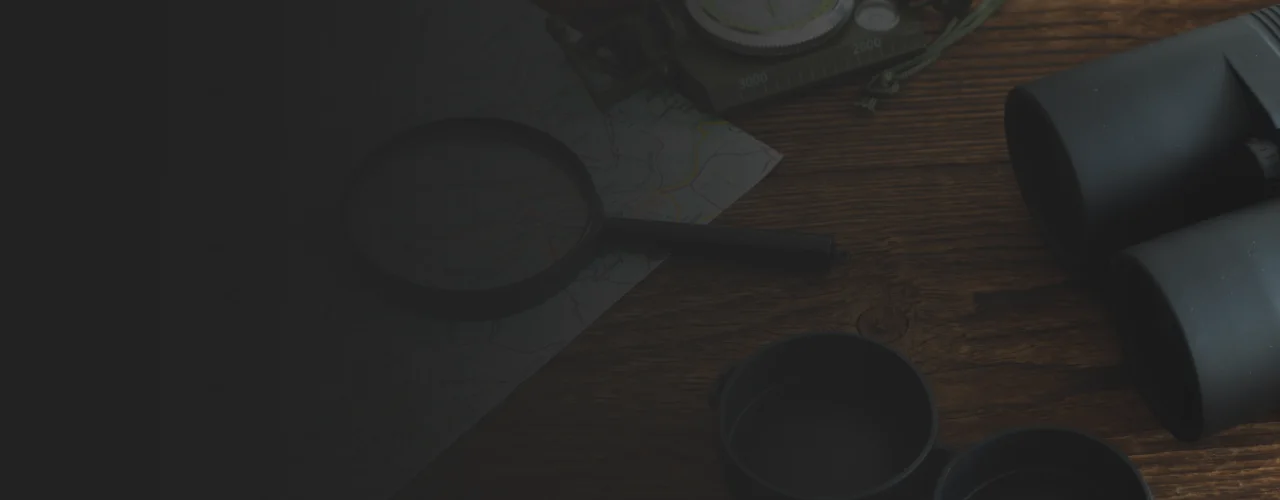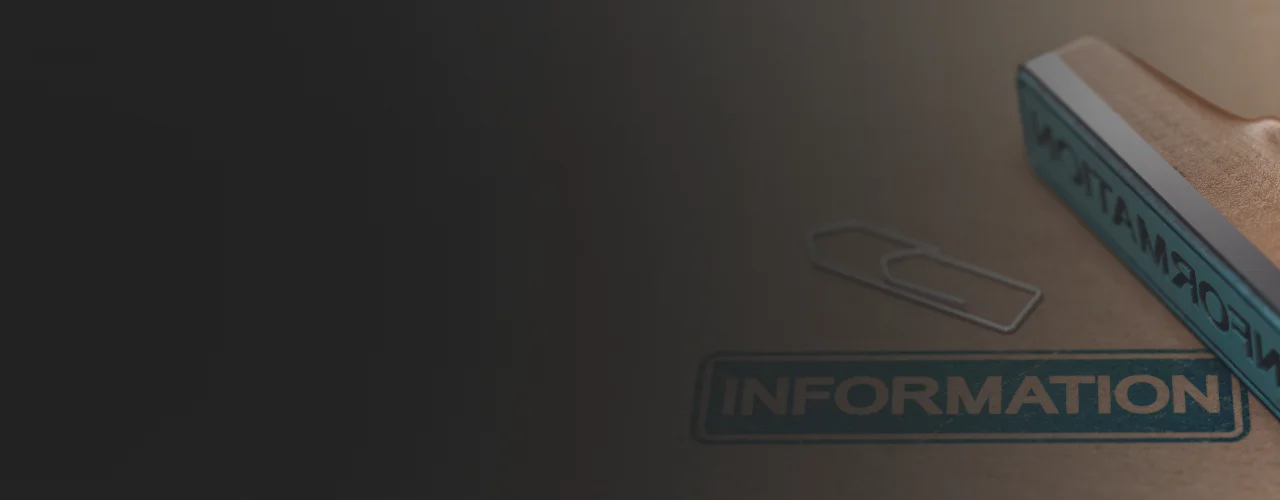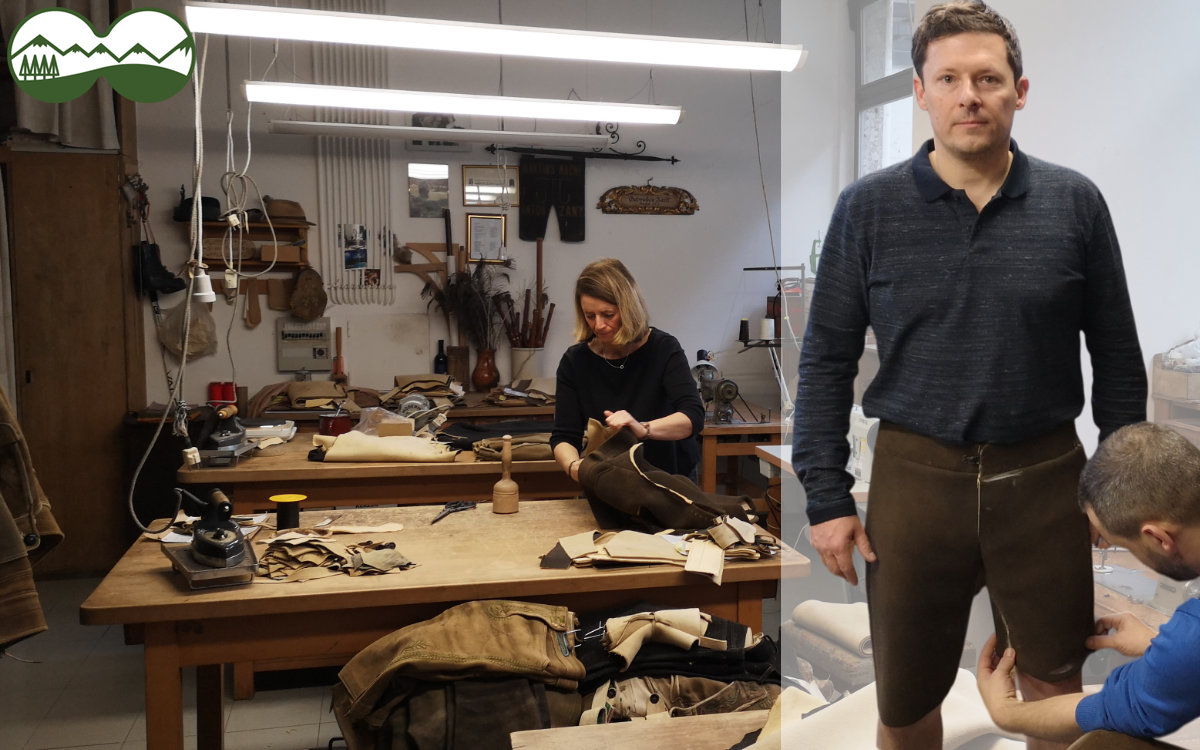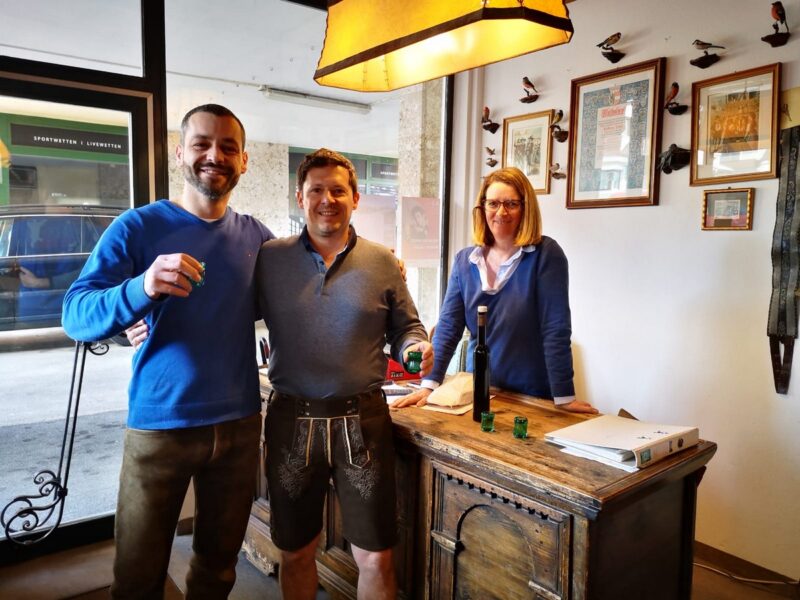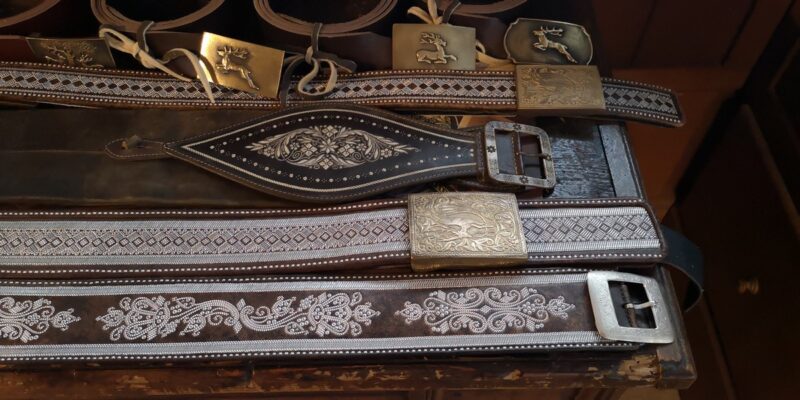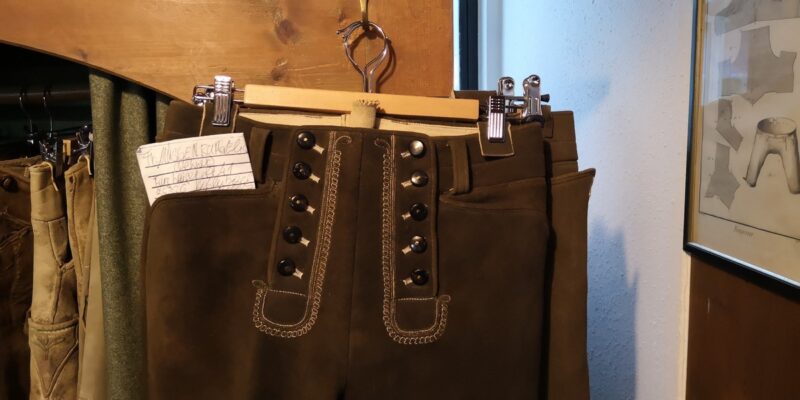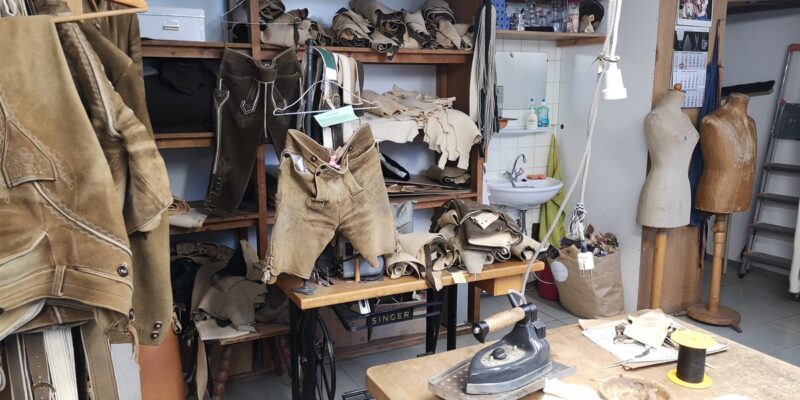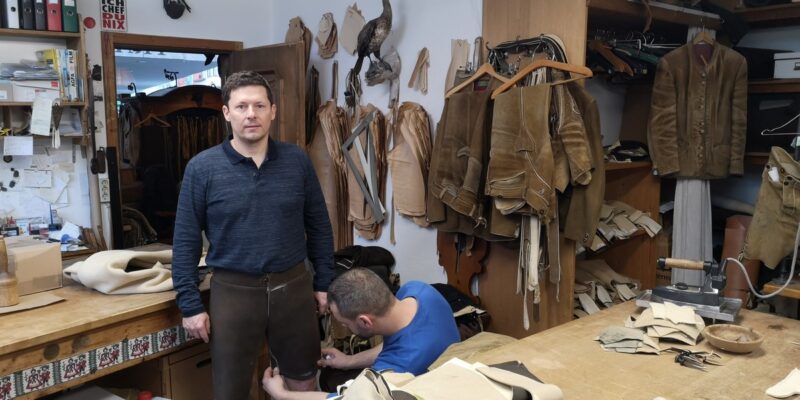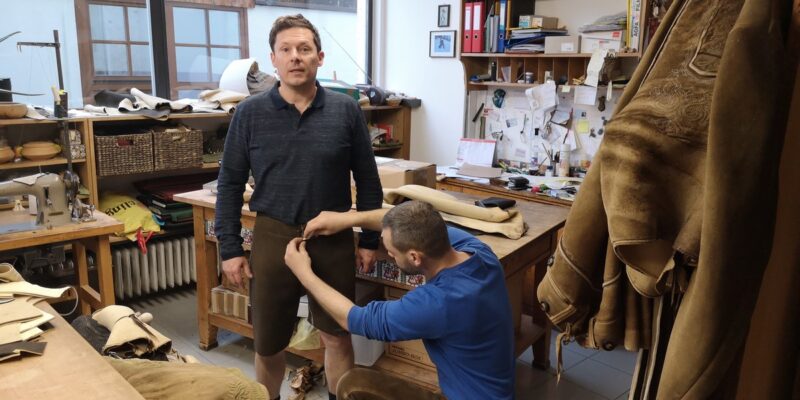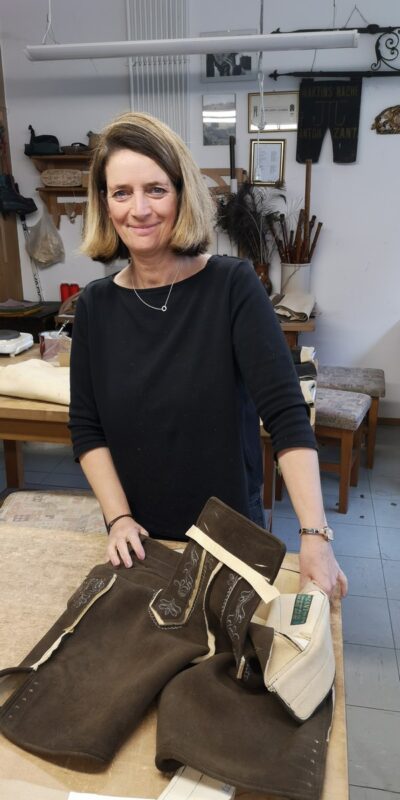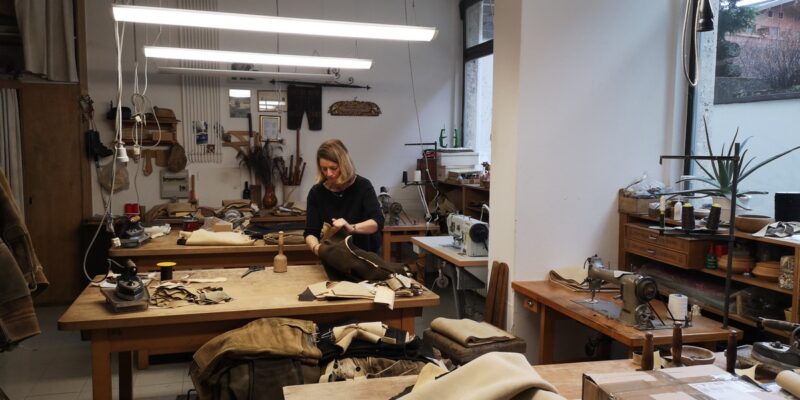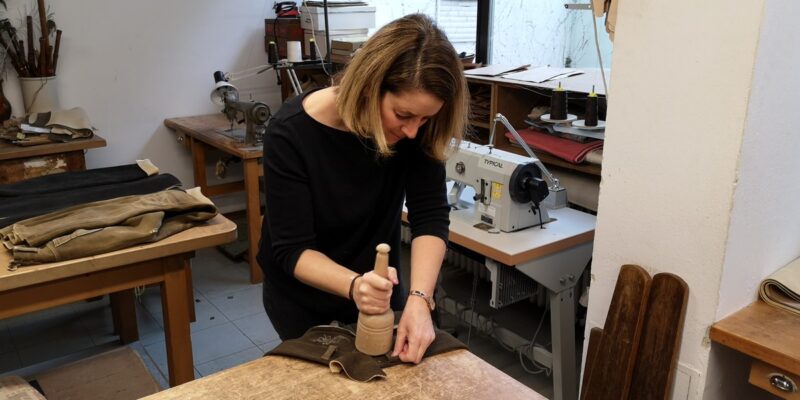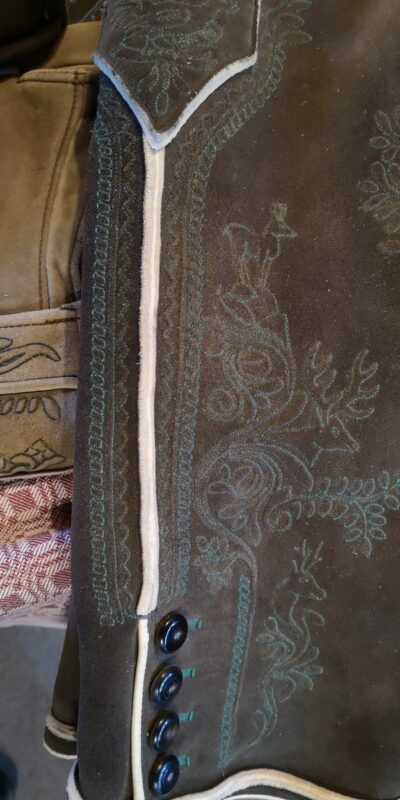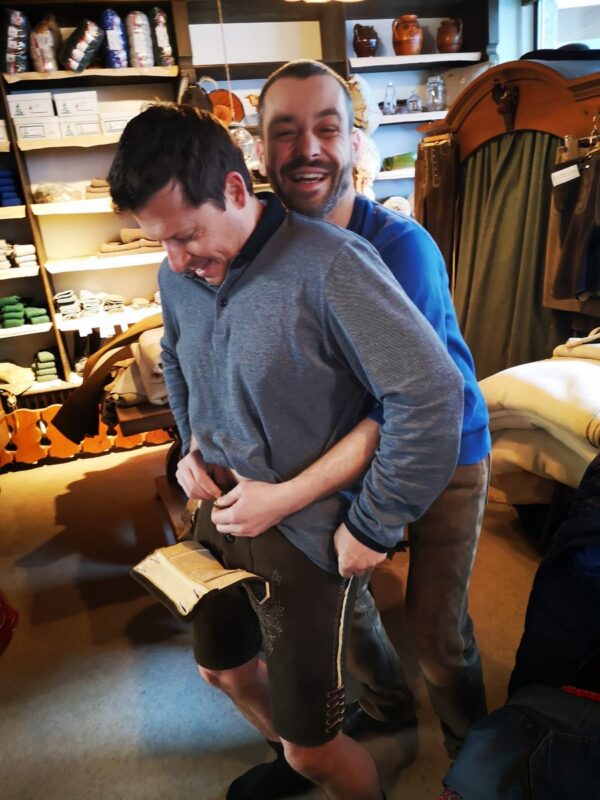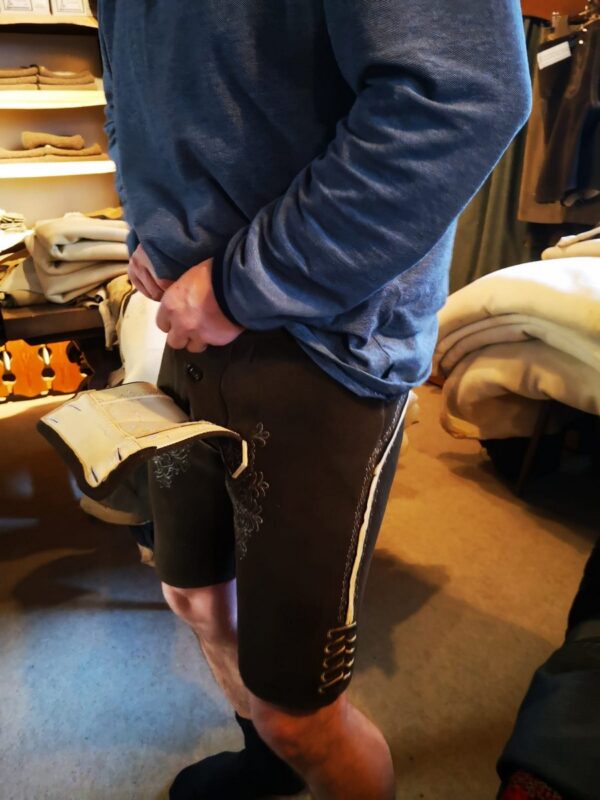News
Deerskin trousers | Lederhosen - a traditional hunter's garment | Production, hunting culture and the importance of authentic quality
Deerskin trousers & cheap goatskin trousers or leather trousers | Introduction to the production of leather trousers, differences and their cultural significance in hunting
Lederhosen are an iconic item of clothing (as well as the Quill embroidery), which today lies deep in the Culture of the Alpine region is rooted.
In the period around 1850, lederhosen were primarily worn when the nobility were out hunting. The smart traditional trousers were a noble item that farmers could not afford and were not suitable for working in the fields anyway.
It is therefore fair to say what originally as practical "work clothes" for hunting has become a symbol of tradition, craftsmanship and regional pride in the traditional costume sector.
In particular the Deerskin trousers, made from the leather of the red deeris regarded as the crème de la crème of lederhosen and is particularly valued in the hunting tradition.
This report sheds light on the differences in the production of lederhosen, in particular between the traditional Chamois tanning and the modern chrome tanning, examines the health concerns associated with these methods and emphasises the importance of deerskin trousers in hunting culture.
Furthermore, we criticise the growing tendency to use cheap goatskin trousers from Pakistan and plead for the preservation of the authenticity and quality associated with genuine deerskin trousers.
As a prime example of traditional craftsmanship, we present Tobias Zand from Zell am See, a master of his trade.
Differences in leather production: chamois tanned vs. chrome tanning
What is chamois tanning?
Chamois tanning is a traditional method in which leather is tanned with natural fats such as Fish oil (mostly cod oil), tanned is made. This process takes around six to nine months and consists of repeated phases of fulling in barrels filled with oil and drying phases that bind the fat into the leather fibres.
The result is a soft, breathable leather, which is characterised by its Skin-friendliness and environmental friendliness is characterised by. Chamois-tanned leather is particularly suitable for deerskin trousers as it adapts to body heat and develops a natural patina that becomes more beautiful over time (Rohn Fashions).
What is chrome tanning?
In contrast, the Chromium tanning Chromium salts, mostly basic chromium sulphate, to tan the leather. This process is much faster and only takes a few days, which makes it more cost-effective.
Chrome-tanned leather is more durable, lighter and more resistant to temperature fluctuations, which makes it particularly suitable for shoe and upholstery leather.
However, it is less breathable and can release harmful substances if not processed properly. Worldwide, around 85 % of leather is produced using this method (Leather centre).
| ComparisonDifference and comparison between Porro prisms and roof prisms The design of binoculars is always determined by the type of prism used. Porro prism in binoculars Binoculars with a porro prism design can be recognised by their relatively low height and wide design. Advantage: The greater distance between the two lenses promotes spatial vision. A graphic illustration and further details on the design of porro prisms can be found here! Roof prism with " More info | Chamois tanning | Chrome tanning |
|---|---|---|
| Duration | 6-9 months | A few days |
| Material | Natural fats (e.g. fish oil) | Chromium salts |
| Properties | Soft, breathable, skin-friendly | Durable, lightweight, less breathable |
| Environmental friendliness | High | Low (heavy metals) |
| Costs | Higher (approx. 140 €/sqm) | Lower |
Health concerns in leather production
Risks of chrome tanning
Chrome-tanned leather can be used for People who are sensitive to chromium can be problematic. Allergic reactions on the skin are possible and there is a risk of chromium (VI) compounds being released, which are considered harmful to health.
Furthermore, the production of chrome-tanned leather is harmful to the environment, as heavy metals can be released into the environment. The incineration of chrome-tanned leather can also produce toxic substances, which poses a further risk.
Advantages of chamois tanning
Chamois tanned leather is free from chemical pollutants and therefore ideal for direct skin contact, making it a favourite choice for leather trousers that are worn close to the body. It is more environmentally friendly as it does not use harmful chemicals, and offers a temperature equalising effect: cooling in summer and warming in winter.
The hunting tradition and the buckskin trousers
Historical roots of deerskin trousers in hunting
The deerskin trousers have a long history in the hunting culture of the Alpine region, dating back to the 18th century.
Hunters valued red deer leather for its durability, breathability and ability to adapt to body heat.
The buckskin trousers were not only practical clothing, but also a status symbol and an expression of the connection with nature and the hunting tradition.
They were often decorated with elaborate embroidery depicting motifs from the hunt and local fauna, which emphasised their cultural significance.
Practical advantages for hunters
Deerskin trousers offer numerous advantages for hunters. The leather is robust and resistant to wear and tear, which is essential for the harsh outdoor conditions. It is breathable, which protects the wearer from overheating, and insulates well, which is an advantage in cooler temperatures.
The natural patina that develops over time, makes every pair of deerskin trousers a unique piece that tells the story of its wearer.
These characteristics make deerskin trousers the ideal choice for hunters who value functionality and tradition.
Criticism of cheap alternatives in hunting: goatskin trousers from Pakistan, for example
A picture as a prime example: hunting horn blowers in goatskin trousers! And what about real hunting tradition?

Quality differences between deerskin and goatskin
While deerskin is known for its thickness, durability and natural beauty, goatskin is often thinner and less durable.
Cheap goatskin trousers, which are often imported from Pakistan, often use chrome tanning and machine production, which limits their quality and authenticity.
Compared to buckskin trousers, they lack breathability and the ability to develop a natural patina. They are also more susceptible to cracking, especially if the leather has been split to save costs (Oktoberfest Dirndl Blog).
The loss of tradition through cheap products
The use of cheap kidskin trousers represents a departure from tradition. and undermines the craftsmanship that goes into making genuine deerskin trousers.
Again and again, for example Hunting horn groups on stage with complete "Pakistani leather trousers" equipment to see. Something like this cannot be understood, especially in this form of presentation.
Hunters who opt for such products are missing out on the opportunity to own a piece of culture and history associated with their passion for hunting.
These Cheap products, often as "Bavarian Lederhosen" show a disregard for traditional Bavarian and Austrian craftsmanship and contribute to the dilution of cultural significance (Oktoberfest Dirndl Blog).
Prime example: Tobias Zant and the art of the Hirschlederhose | Halali Magazine Report
Who is Tobias Zant?
Tobias Zand is a master bag maker from Zell am See, Austria, who specialises in the production of deerskin trousers. With a family tradition that goes back seven generations, he continues the art of leather processing.
His workshop in the heart of Zell am See is a place where tradition and craftsmanship are cultivated. Zant, who completed his training with his father and passed his master craftsman's examination in 2006, is a passionate advocate of traditional production methods.
It took around 2 years to make our deerskin trousers - here is the series of pictures:
The craftsmanship behind Tobias Zant's deerskin trousers
Every pair of Tobias Zant deerskin trousers is made to measure and undergoes a process that takes almost two years.
The leather is chamois tanned, which ensures high quality and durability. The trousers are decorated with elaborate embroidery depicting motifs from the hunt and local fauna, making each pair a unique work of art.
Zant uses almost exclusively red deer leather, which is tanned with organic fish fats to ensure skin-friendliness and environmental friendliness. His trousers are known for their durability and perfect fit that will last a lifetime.
Conclusion: Why genuine buckskin trousers are important for hunters
The importance of authentic equipment for hunters
For Hunter's choice of equipment of crucial importance. Genuine buckskin trousers are more than just a piece of clothing; they are a statement of appreciation for tradition, quality and craftsmanship.
You connects the wearer with the history and culture of hunting and at the same time offers practical advantages that cannot be found in any other material. The robustness, breathability and unique patina make deerskin trousers the ideal choice for hunters who value authenticity.
Call for support for traditional craftsmanship
It is important that hunters and lovers of traditional clothing Recognising the importance of authentic deerskin trousers and support them. By opting for quality and tradition, we are not only preserving a piece of culture, but also supporting the craftsmen, such as Tobias Zant, who keep this art alive.
Instead of settling for cheap alternatives, hunters should invest in genuine deerskin trousers that reflect their passion for hunting and Alpine culture.
Conclusion
In this report we have summarised the Differences between chamois-tanned and chrome-tanned leather The health concerns associated with leather production are discussed and the importance of deerskin trousers in the hunting tradition is emphasised.
We criticised cheap goatskin trousers from Pakistan and presented Tobias Zant as a prime example of traditional craftsmanship. Finally, we emphasised why genuine buckskin trousers for hunters from are invaluable and why it is worth investing in quality and tradition. to invest.








